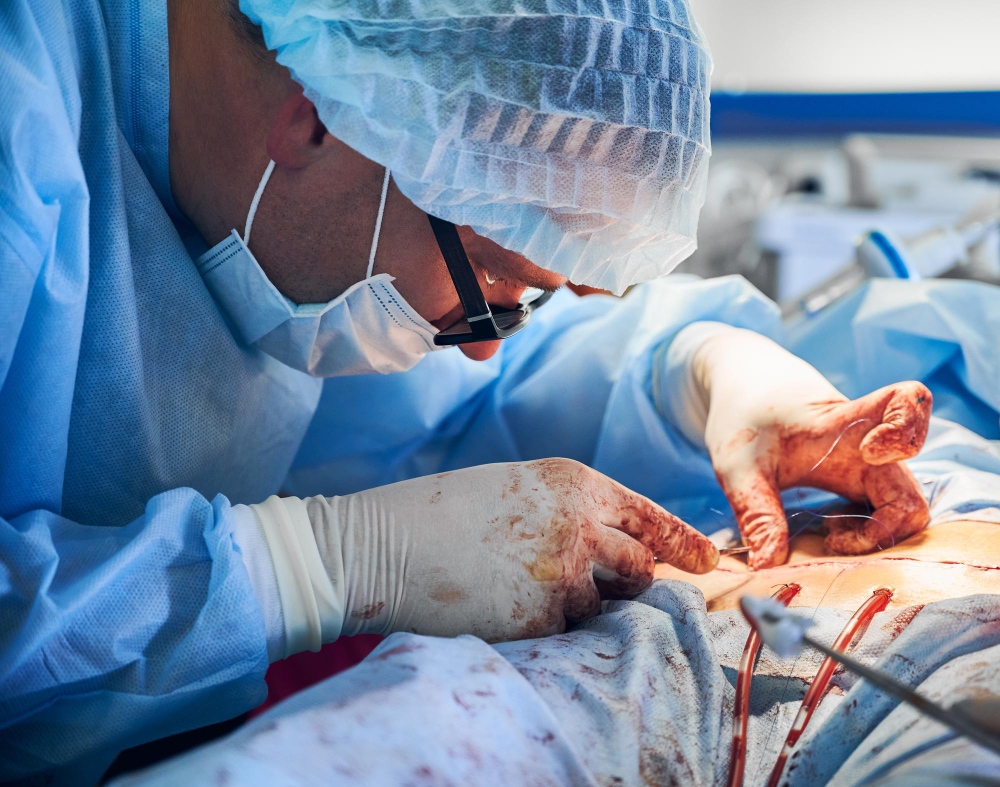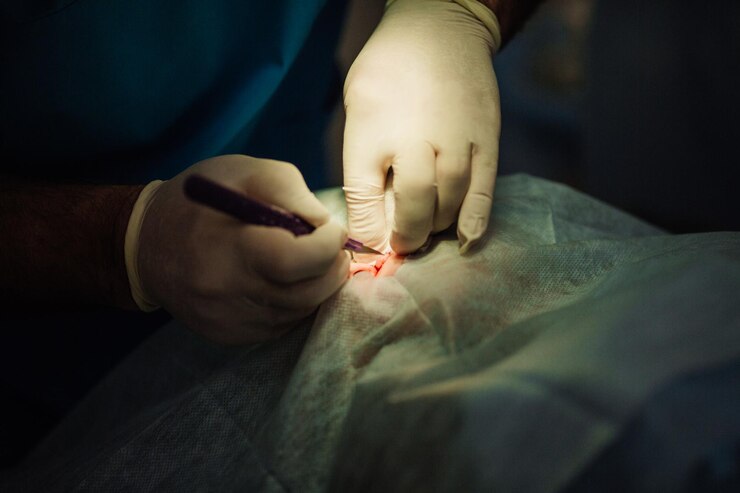Navigating Hope and Healing: The Journey of Fistula Surgery.
Fistulas, abnormal connections between two organs or structures, can profoundly impact the lives of those affected, leading to physical, emotional, and social challenges. One specific type, obstetric fistula, often results from complications during childbirth and can cause devastating consequences for women. This article delves into the importance of fistula surgery, the challenges faced by those with fistulas, and the transformative impact of surgical interventions.
To Know More About It Please Click Here
Understanding Fistulas
Fistulas can occur in various parts of the body, but obstetric fistulas are a poignant example of the life-altering consequences of these abnormal connections. Obstetric fistulas typically develop during prolonged or obstructed labor when pressure and lack of blood flow cause tissue damage, creating a hole between the vagina and other organs, such as the bladder or rectum.
Challenges Faced by Fistula Sufferers
Women who live with obstetric fistulas often endure immense physical and emotional suffering. The constant leakage of urine or feces, coupled with the social stigma surrounding these conditions, can lead to isolation, depression, and a diminished quality of life. Moreover, affected individuals may face rejection by their communities, making it difficult to engage in social activities, work, or even maintain relationships.
The Importance of Fistula Surgery
Fistula surgery plays a pivotal role in the restoration of dignity and functionality for those affected. The primary goal of these surgical interventions is to repair the damaged tissues, closing the abnormal connections and allowing affected individuals to regain control over their bodily functions. The surgery not only addresses the physical aspects but also contributes to the emotional and social rehabilitation of the person.
The Surgical Process
Fistula surgery is a specialized procedure that requires a skilled surgical team and appropriate facilities. The surgery involves identifying the fistula and repairing the damaged tissue, often utilizing various techniques such as vaginal or abdominal approaches, depending on the size and location of the fistula.
Post-Surgery Rehabilitation
Successful fistula surgery is just the beginning of the healing process. Post-operative care is crucial for ensuring optimal recovery and preventing complications. Rehabilitation may include counseling, physical therapy, and support in reintegration into communities. Organizations and healthcare providers often collaborate to offer holistic care, addressing both the physical and psychosocial aspects of recovery.
Global Initiatives and Challenges
While progress has been made in raising awareness and providing surgical interventions for fistula sufferers, challenges persist. Limited access to healthcare, especially in remote and impoverished regions, can hinder timely diagnosis and treatment. Addressing the root causes of obstetric fistulas, such as improving maternal healthcare and reducing childbirth complications, is essential to preventing these conditions in the first place.
To Know More About It Please Click Here
Conclusion
Fistula surgery represents a beacon of hope for those living with these debilitating conditions. Beyond the physical restoration, these surgical interventions contribute to rebuilding lives, restoring dignity, and empowering individuals to reclaim their place within their communities. As global efforts continue to expand access to healthcare and raise awareness about fistulas, there is hope for a future where fistula surgery is not only a treatment but a preventative measure towards better maternal health worldwide.


